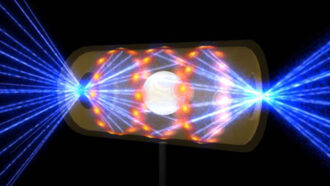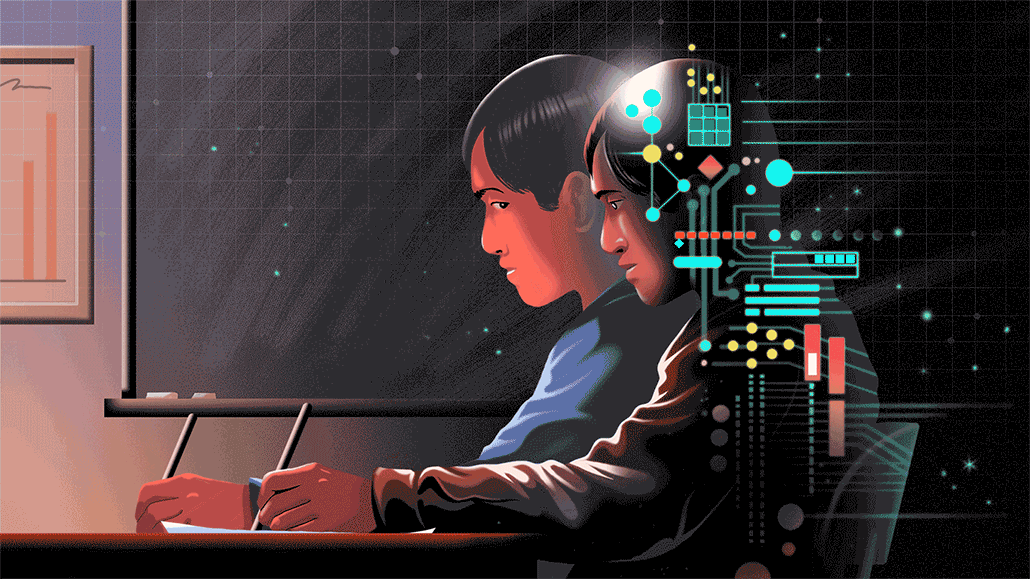Engineering Design

Educators and Parents, Sign Up for The Cheat Sheet
Weekly updates to help you use Science News Explores in the learning environment
Thank you for signing up!
There was a problem signing you up.
-
 Materials Science
Materials ScienceAnalyze This: Algae behind blue-glowing waves light up a new device
Some algae glow blue when they experience forces. Held in transparent plastic, they now make devices light up in response to gentle pushes and tugs.
-
 Computing
ComputingScientists Say: Code
Writing code allows people to tell computers and other smart devices what to do.
-
 Physics
PhysicsIn a breakthrough experiment, fusion gave off more energy than it used
The sun creates energy through nuclear fusion. Now scientists have too. This achievement raises hopes for developing a new type of clean energy.
-
 Chemistry
ChemistryScientists Say: Rubisco
Rubisco is a key protein in the process of photosynthesis, which feeds plants — and, in turn, us.
-
 Computing
ComputingSleep helps AI models learn new things without forgetting old ones
Breaks in training meant to mimic human sleep helped artificial intelligence learn multiple tasks.
-
 Physics
PhysicsDoes the size of a parachute matter?
How does a parachute work? Do bigger parachutes work better than smaller parachutes? Find out in this science project whether the size of the parachute matters.
-
 Tech
TechThink twice before using ChatGPT for help with homework
ChatGPT is a new AI tool that generates well-formed writing and code. Despite many benefits, it makes cheating easy and can supply bad information.
-
 Tech
TechNew robot can pick up a single drop of liquid
The new device, which looks like a pair of plastic pinchers, is the first to be able to pick up individual droplets of liquid.
-
 Tech
TechCan a robot ever become your friend?
Social robots can teach, help and keep people company. What would it take for machines to form real friendships with people? And do we even want that?
-
 Environment
EnvironmentFor a better brick, just add poop
Sewage sludge. Cow dung. They’re not just waste — scientists are finding uses for processed poop in construction materials.
By Laura Allen -
 Physics
PhysicsHow salty does the sea have to be for an egg to float?
Some objects float on top of the ocean, and other objects sink to the bottom. Why? Try this eggs-periment to find out!
-
 Tech
TechWill the internet soon reach the one-third of people without it?
Access to the internet is a human right, yet much of the world can’t get online. New tech has to be affordable and usable to end this digital divide.